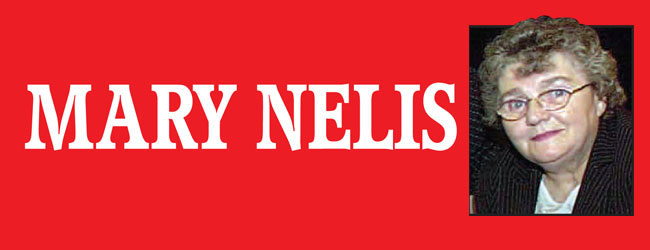30 July 2010
The truth will set us free?
 SO, ‘Ulster’ rejects the Eames/Bradley Report, though we don’t know how many of the responses to the consultation proposals came from Donegal, Monaghan and Cavan.
SO, ‘Ulster’ rejects the Eames/Bradley Report, though we don’t know how many of the responses to the consultation proposals came from Donegal, Monaghan and Cavan.
It seems few bothered to respond at all. Of the 174 individuals and the 72 organisations who did, the majority gave a resounding ‘No’ to all the recommendations put forward by the Consultative Group headed up by Denis Bradley and Bishop Robin Eames.
While some talk of shared futures, there are those who are not prepared to share the truth.
Compare the dignified response of the Bloody Sunday relatives and the people of Derry to the Saville Report with the absolute mayhem, threats and obscenities from a section of the crowd when Eames/ Bradley presented their report in Belfast last year. These are the people who reject any attempt to uncover the truth of the past 40 years lest it may expose their collaboration and collusion with those who created many of the victims.
That a majority rejected outright the report in its entirety, including the concept of a truth commission, is not surprising.
As MLA Francie Molloy pointed out, there will not be a consensus on dealing with the past in the North primarily because the future is still being contested. For, if the truth be told, those who supported the political and social and economic division of this island by the British have the most to fear from any attempt to sort out the root causes of conflict left by partition.
We are no longer at war but we are not totally at peace. Even the term ‘war’ is disputed by those who believe that the IRA were the only protagonists. Yet during the past 30 years, more British soldiers were stationed in the North than in either Iraq or Afghanistan.
Judging by the response of Jeffrey Donaldson to the Eames/Bradley Report, political unionism, representing many of the bereaved, has not moved beyond its own anger and pain to acknowledge that all victims and survivors should be afforded equal respect and recognition.
Nor will unionism acknowledge that many of the victims were created by the British state. Their petty comments about Prime Minister David Cameron’s apology to the Bloody Sunday relatives is evidence of a mindset still entrenched in the past.
The hierarchy of victims mindset has flourished under the many initiatives set up by the British over the past years, beginning with Bloomfield, the retired head of the North’s Civil Service whose recommendations to address the needs of ‘victims’ resulted in the appointment of Adam Ingram, the Minister responsible for the British armed forces in the North, as a Victims Commissioner.
Since then, a veritable industry has grown up around victims/survivors that has not resolved the sense of loss or the pain of the bereaved, the majority of whom in the nationalists community only want to know the truth.
The suspicion in that community is that the British will use the rejection of the latest report as an excuse to park the matter, for it is the British who have the most to lose if the truth of the North’s conflict ever emerges. That will only happen by the setting up of an international truth recovery process. Perhaps then the truth will then set us all free.
Follow us on Facebook
An Phoblacht on Twitter
Uncomfortable Conversations

An initiative for dialogue
for reconciliation
— — — — — — —
Contributions from key figures in the churches, academia and wider civic society as well as senior republican figures




